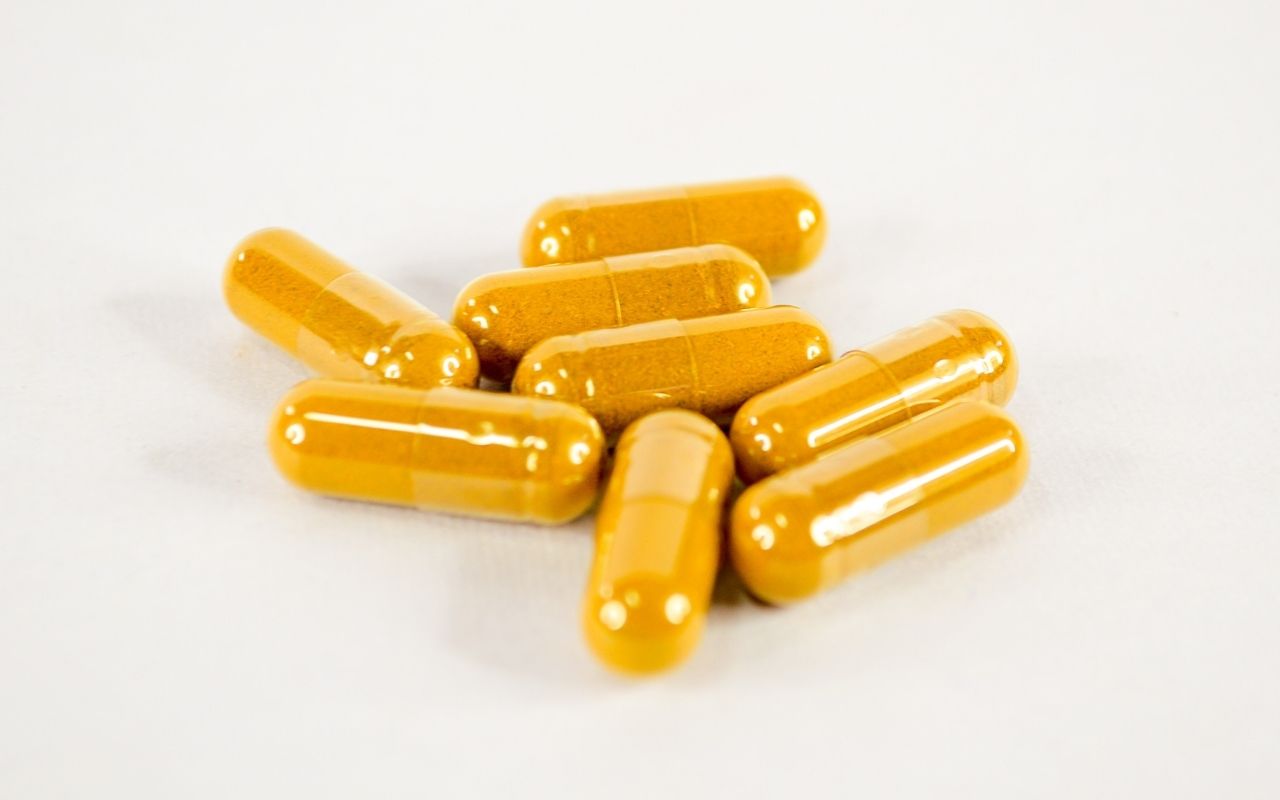Turmeric, a golden-hued spice native to Southeast Asia, has been a staple in culinary and medicinal practices for over 4,000 years. Known for its vibrant color and distinct flavor, turmeric has recently gained widespread popularity in the wellness community for its numerous health benefits. The active component in turmeric, curcumin, is lauded for its potent antioxidant and anti-inflammatory properties, which have the potential to address a variety of health issues ranging from arthritis to heart disease. This article explores the many benefits of turmeric, the best ways to consume it, and the precautions one should take.
Turmeric's primary claim to fame in modern health circles is its powerful anti-inflammatory and antioxidant properties. Chronic inflammation is a known contributor to many common Western diseases, including heart disease, cancer, metabolic syndrome, Alzheimer's disease, and various degenerative conditions. Curcumin, the main ingredient in turmeric, has been shown to block NF-kB, a molecule that travels into the nuclei of cells and turns on inflammation-related genes. Studies have demonstrated that curcumin can match the effectiveness of some anti-inflammatory drugs without significant side effects.
Besides combating inflammation, curcumin's antioxidant capabilities are noteworthy. Oxidative stress is believed to be one of the mechanisms behind aging and many diseases. Due to its chemical structure, curcumin can neutralize free radicals and boost the activity of other antioxidant enzymes in the body. By reducing oxidative damage, curcumin may help prevent or delay the onset of several age-related diseases.
One of curcumin's most significant benefits is its potential to improve brain function and lower the risk of brain diseases. Curcumin has been shown to increase the levels of Brain-Derived Neurotrophic Factor (BDNF), a type of growth hormone that functions in the brain. Many common brain disorders, including depression and Alzheimer's disease, have been linked to decreased levels of BDNF. By increasing BDNF levels, curcumin may delay or even reverse many brain diseases and age-related decreases in brain function.
Curcumin also shows promise in reducing the risk of heart disease. Heart disease is the leading cause of death worldwide, and curcumin's role in improving the function of the endothelium, the lining of blood vessels, is critical. The endothelium regulates blood pressure, blood clotting, and various other factors. Several studies suggest that curcumin improves endothelial function, comparable to the effects of exercise and some pharmaceutical drugs. Additionally, curcumin reduces inflammation and oxidation, which play a role in heart disease.
Moreover, curcumin may help prevent cancer. Cancer is characterized by uncontrollable cell growth, and curcumin has been studied as a beneficial herb in cancer treatment. It has been found to affect cancer growth, development, and spread at the molecular level. Research indicates that it can reduce angiogenesis (the growth of new blood vessels in tumors) and metastasis (the spread of cancer) and contribute to the death of cancerous cells. Although more studies are needed to establish this conclusively, curcumin's potential as a natural anti-cancer agent is promising.
Curcumin might be a potent natural remedy for those dealing with arthritis. Arthritis is a common disorder characterized by joint inflammation, and considering curcumin’s strong anti-inflammatory properties, it may help relieve arthritis symptoms. Several studies have shown that curcumin can help manage arthritis symptoms and is, in some cases, more effective than anti-inflammatory drugs.
Turmeric is also being explored for its potential role in combating depression. In a controlled trial, 60 patients with depression were randomized into three groups: one group took Prozac, another group took a gram of curcumin, and the third group took both Prozac and curcumin. After six weeks, curcumin had led to improvements similar to those of Prozac. Curcumin also boosts serotonin and dopamine, two key neurotransmitters in the brain.
Given these myriad benefits, incorporating turmeric into your diet seems a no-brainer. But it's crucial to understand that the curcumin content of turmeric is not very high—around 3% by weight. Most studies on this herb use turmeric extracts that primarily contain curcumin, with dosages usually exceeding 1 gram daily. Achieving these levels solely from the turmeric used in food would be incredibly challenging.
To get the full benefits of curcumin, it's often necessary to take a supplement that contains significant amounts of curcumin. Unfortunately, curcumin is poorly absorbed into the bloodstream. To enhance absorption, it helps to consume black pepper with it, which contains piperine, a natural substance that enhances curcumin absorption by 2,000%. Curcumin is also fat-soluble, so it may be a good idea to take it with a fatty meal. Studies highlight the importance of choosing supplements that combine curcumin with piperine to improve bioavailability.
Furthermore, for optimal absorption, it’s recommended to take curcumin supplements with meals, particularly foods that contain healthy fats, as this can enhance its solubility and absorption. Including turmeric in cooking is another practical way to benefit from this spice, though supplements may be necessary for those looking for therapeutic doses.
While turmeric and curcumin are generally safe for most people, certain groups should exercise caution. For instance, people with gallbladder problems, bleeding disorders, diabetes, gastroesophageal reflux disease (GERD), a hormone-sensitive condition, iron deficiency, or those undergoing surgery should consult a healthcare provider before taking high doses of turmeric or curcumin supplements. Additionally, high doses of turmeric can cause digestive issues in some people, as it stimulates gastric acid production.
Interactions with other medications are also a concern. Turmeric can interact with blood-thinning medications, diabetes medications, and drugs that reduce stomach acid. For those on medication, consulting with a healthcare professional before adding turmeric supplements to their routine is essential. Experts agree that while turmeric as a spice in food is generally safe for most people, high doses in supplement form can pose risks.
The takeaway from all this information is that turmeric, particularly its active component curcumin, offers several health benefits and can be a valuable addition to a balanced diet. Its anti-inflammatory and antioxidant properties make it a powerful tool against various health issues. However, the key to reaping its benefits lies in proper absorption, which can be significantly enhanced by combining it with piperine (black pepper) or consuming it with fatty foods.
Given its rising popularity and the growing body of research supporting its health benefits, turmeric is more accessible than ever. It can be found in various forms, including capsules, teas, powders, and extracts. As with any supplement, quality matters, and choosing products from reputable sources is essential to avoid contamination with harmful substances like lead.
In conclusion, turmeric is a versatile spice with a rich history in traditional medicine and modern science. Its potential to reduce inflammation, act as an antioxidant, improve brain function, lower the risk of heart disease, prevent cancer, alleviate arthritis, and combat depression makes it a valuable addition to any wellness regimen. While there are some precautions to consider, the benefits of turmeric make it well worth incorporating into your daily routine.
For those interested in exploring how turmeric can fit into their lifestyle, it's a good idea to start with small amounts and gradually increase the dosage to see how your body responds. Whether used in cooking, as a tea, or in supplement form, turmeric’s golden hue can brighten your meals and health.
Explore this article to learn more about incorporating turmeric into your diet and the potential health benefits it offers. For specific dosage recommendations and tips on how to maximize curcumin absorption, visit Cortiba Health's guide.









